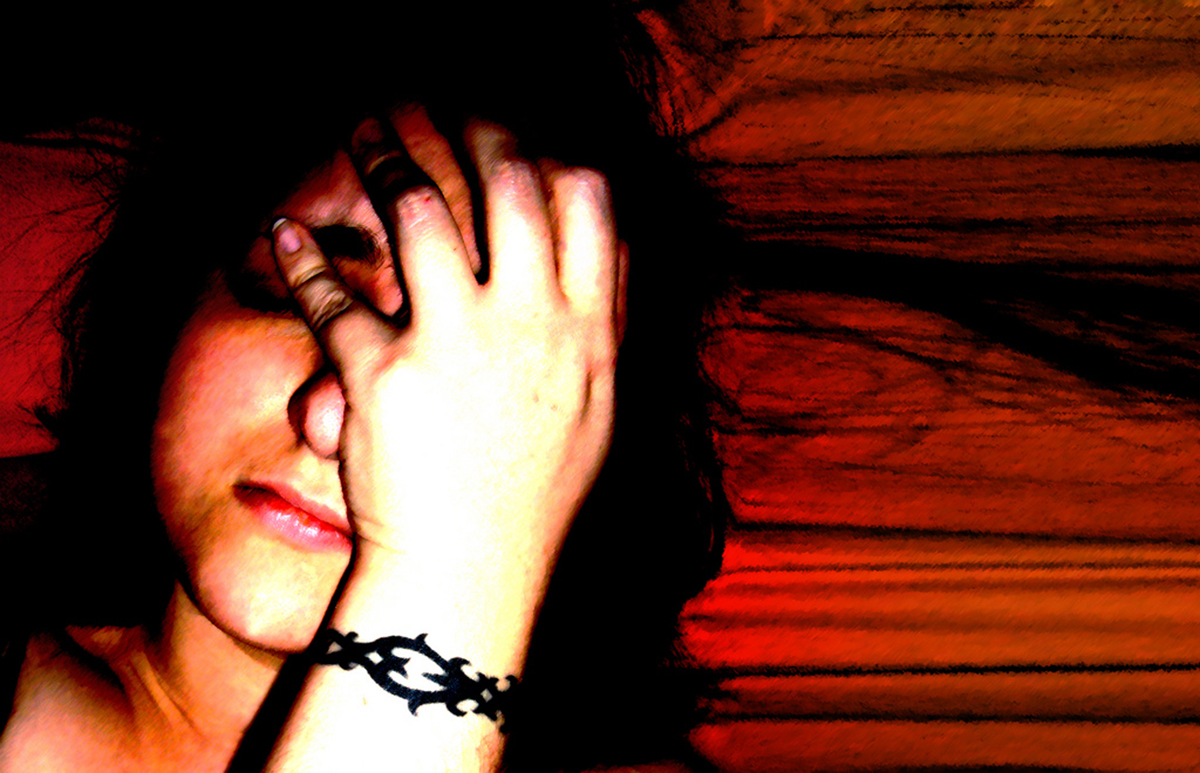Table of Contents
We are told over and over that it's very important to get to an emergency room anytime we suffer severe chest pain, so a potential heart attack could be treated in its earliest stages. However, more and more doctors don't always treat angina.
Just how serious is takotsubo cardiomyopathy? Here are the statistics.
- One to two percent of all people who have this condition will die within 30 days.
- Up to 20 percent of people who have this condition will develop a myocardial infarction (damage to the heart due to a blood clot) within 12 months. Usually the blood clot will occur on the left side of the heart.
- Takotsubo cardiomyopathy can also cause blood clots in the lungs.
Fortunately, the majority of people who develop this condition recover in four to eight weeks, with appropriate treatment.

How Can You Recognize This 'Heart Attack' That Isn't A Heart Attack?
Takotsubo cardiomyopathy, also known as stress cardiomyopathy or broken heart syndrome, has the same symptoms as myocardial infarction. Usually there is crushing pain in the chest that radiates to the left arm and the left jaw. There can be nausea, dizziness, and/or shortness of breath. The EKG will be similar to the EKG caused by a "regular" heart attack.
However, there will be no evidence of a single place in the heart that is damaged by lack of oxygen due a clot or a "clog" that has ruptured.
There are some clues that a heart event really is stress cardiomyopathy:
- Takotsubo cardiomyopathy (stress cardiomyopathy) is more likely to occur in the afternoon. Myocardial infarction is more likely to occur in the morning.
- Takotsubo cardiomyopathy (stress cardiomyopahty) is more likely to occur in people who do not have the usual predisposing factors, high blood pressure, high cholesterol, and diabetes. Myocardial infarction is more likely to occur in those who do.
- People of Asian descent are 25 percent more likely to get this condition than people of European descent, and people of European descent are 20 times more likely to get it than African-Americans.
- Takotsubo cardiomyopathy (stress cardiomyopathy) is most likely to occur a few hours after bad news of some kind. It is also more common after natural disasters.
What Will Happen If You Have This Kind Of 'Heart Attack'?
In modern medicine, it's not really possible to confirm or rule out a heart attack without an angiograph. This involves opening the femoral artery (in the groin) and inserting a catheter and dyes to take a picture of the heart itself. However, if you haven't had a myocardial infarction, and there is no visual evidence of a clot, you won't get a stent and you won't have a bypass operation.
Nearly everyone who has a myocardial infarction will be put on anticoagulant therapy (especially if you get a stent), but almost no one who has stress cardiomyopathy will.
Nearly everyone who has a myocardial infarction will be put on beta-blockers, but only about five percent of people who have stress cardiomyopathy will get these drugs. However, people who have broken heart syndrome will get ACE inhibitors (for example, lisinopril) or angiotensin receptor blockers (for example, losartan).
No one really knows the long-term development of stress cardiomyopathy. Visits to the cardiologist at least annually for the remainder of life are a must.
- Khallafi H, Chacko V, Varveralis N, Elmi F. "Broken heart syndrome": catecholamine surge or aborted myocardial infarction?. J Invasive Cardiol. 2008 Jan. 20(1):E9-13.
- Photo courtesy of Open Grid Scheduler / Grid Engine via Flickr: www.flickr.com/photos/opengridscheduler/22041440962
- Photo courtesy of Open Grid Scheduler / Grid Engine via Flickr: www.flickr.com/photos/opengridscheduler/22041440962
- Photo courtesy of Sarah G... via Flickr: www.flickr.com/photos/dm-set/3352663280

